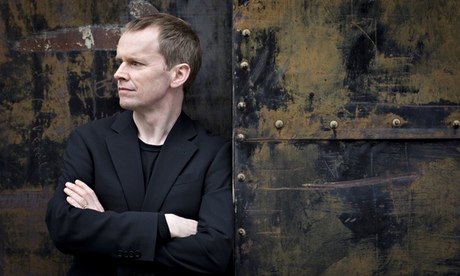Composed while he was a prisoner of war, Olivier Messiaen’s Quartet for the End of Time seems to touch the far edges of human experience, writes pianist Steven Osborne
My interest in Olivier Messiaen’s music started in my teens, when I heard a couple of his Vingt Regards sur l’enfant-Jésus. I was intrigued, but by no means bowled over. Still, I liked it enough to ask my mum to buy me the score, and thereafter found myself increasingly captivated by its remarkable musical language. In particular, I was fascinated by the juxtaposition of deep calm and great complexity. I have always been drawn to music with large contrasts. When I play, my default position is to reach for the extremes, to seek the greatest possible emotional range. It is rare that I find a piano I can play both as loud and as soft as I want. It feels slightly juvenile, to be honest: the desire to go from a tiny whisper to banging the drum as loud as I possibly can. But there we are those are my raw instincts, and Messiaen lets me give full rein to them.
The Quartet for the End of Time is perhaps the first of Messiaen’s works in which the contrast between movements becomes truly extreme: there is a new level of violence in the music. It is not hard to imagine why this might be, given the work’s famous origins, written while Messiaen was a prisoner of war at the Nazis’ Stalag VIII-A camp. The struggle to not only endure the terrible conditions, but also to incorporate the experience into his Catholic faith, must have been profound. (Henri Akoka, the clarinettist for the premiere of the quartet, asked Messiaen to join him in attempting to escape; Messiaen answered: "No, it’s God’s will I am here.") The result is a work more emotionally engaged than any Messiaen had written previously. To me, it is the most open and vulnerable of all his compositions, its religious certainties balanced with a palpable sense of longing.
Continue reading…
SOURCE: Classical music | The Guardian – Read entire story here.
